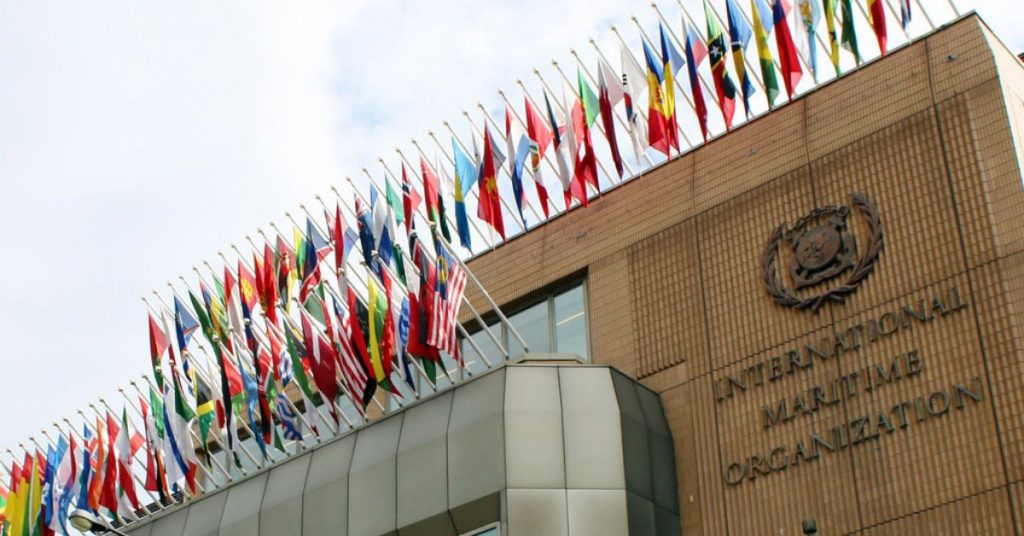A proposal to deliver up to 30% biofuel blends on Type I barges is being reviewed by the International Maritime Organization (IMO), which is anticipated to approve it shortly, according to a number of important maritime assessors and classification societies. Since the proposal would enable the sale of B30 utilizing the current fleet of IMO Type I oil barges at any port, it is anticipated that, if authorized by the IMO, the use of biofuel blends will increase B30 bunkering worldwide. B30 is a mixture of 30% used cooking oil methyl ester (Ucome) and 70 percent very low-sulfur fuel oil (VLSFO) or high-sulfur fuel oil (HSFO).
The draft circular on the carriage of blends of biofuels and MARPOL Annex I cargoes by conventional bunker ships was accepted by IMO’s sub-committee on pollution prevention and response (PPR) during its 12th session from 27-31 January. The draft is expected to be approved at the next Marine Environment Protection Committee (MEPC) 83 meeting to be held from 7-11 April. Details of the 12th PPR meeting had not been published on IMO’s website at the time of writing.
The International Convention for the Prevention of Pollution from Ships (MARPOL) is an agreement that covers the prevention of pollution of the marine environment by ships. Annex I covers pollution by oil and oil products carried or operationally used by ships. Type I ships that deliver conventional bunker fuels can currently carry up to 25pc of biofuels under MARPOL Annex I, which has resulted in the adoption of the B24 blend in key ports across Asia, the Middle East and the Mediterranean region in the past few years. B24 consists of 24pc Ucome blended with 76% fuel oil, which could be either VLSFO or HSFO.
IMO has previously stated that Type II chemical tankers should be used for transporting biofuel blends with concentrations higher than 25pc. Shipowners have hence been waiting for the delivery of more Type II tankers, which are currently in limited supply at many ports. Market participants at the key port of Singapore are awaiting the impact of the decision in April.
Enquiries for B30 have been surfacing in the past couple of months and refiners, traders, and shipowners are waiting for the outcome from MEPC 83, as well as subsequent decisions by the Maritime and Port Authority (MPA) of Singapore on how this will be implemented in the country, said several Singapore-based market participants.
The current push for higher biofuel blends comes as shipowners prepare to meet stricter compliance requirements set by IMO’s Carbon Intensity Index and EU-led Emissions Trading Scheme and FuelEU Maritime. Demand for alternative marine fuels, especially biofuel blends and LNG, is expected to rise as shipowners look at reducing greenhouse gas (GHG) emissions across their fleets.
Tags: Biofuels, HSFO, IMO, Ships, VLSFO



Recent Posts
Chartered Speed expands its electric mobility footprint in Arunachal Pradesh
PSA International joins Global Centre For Maritime Decarbonisation as a strategic partner
MPA and NYK Group Advance Collaborative Efforts on Maritime Autonomous Surface Ship Trials
BIMCO drafts new clause to support biofuel use in time charters
Global Maritime experts attended India@Nor-Shipping – Maritime Partnership for a shared & sustainable future
India-Norway Dialogue Anchors on Sustainable Maritime Development
Sea cruise ships can now connect to shore power in Amsterdam
Corvus Energy partners with HD Hyundai Mipo for AiP on new green product tanker design.